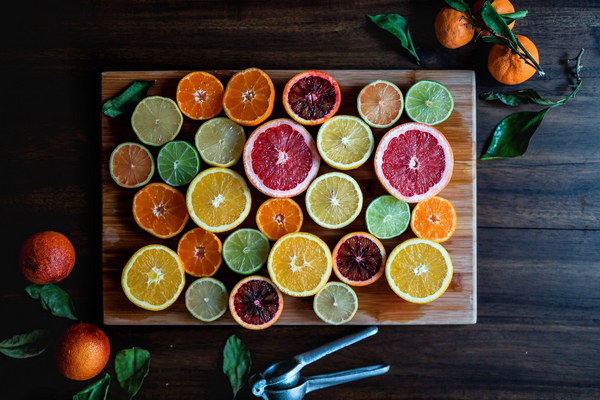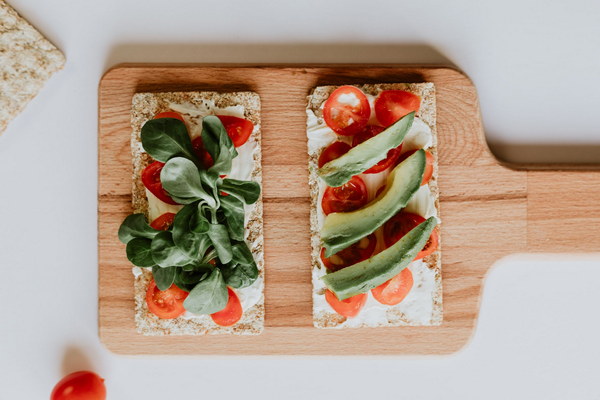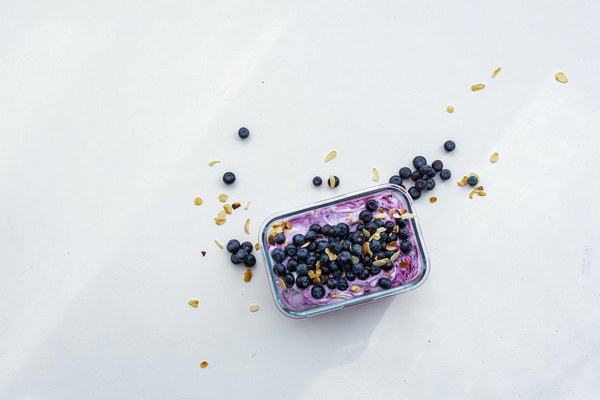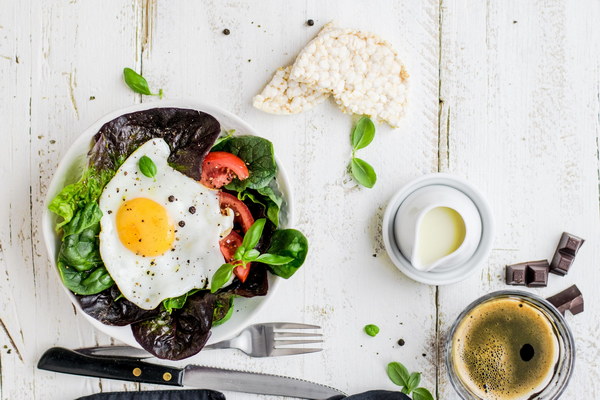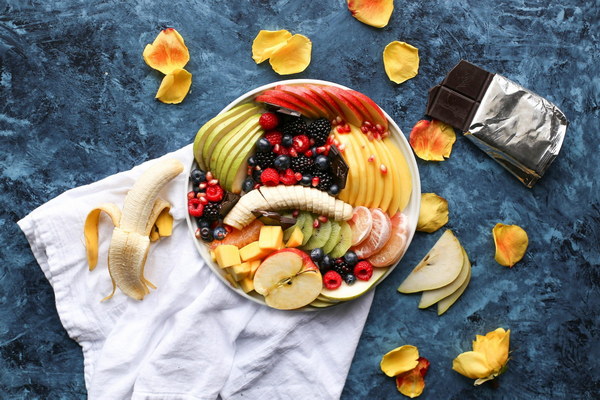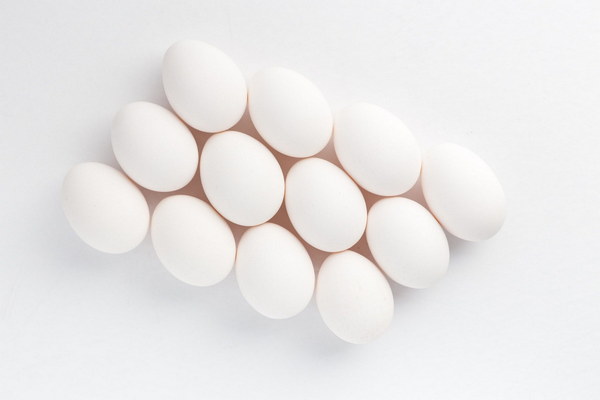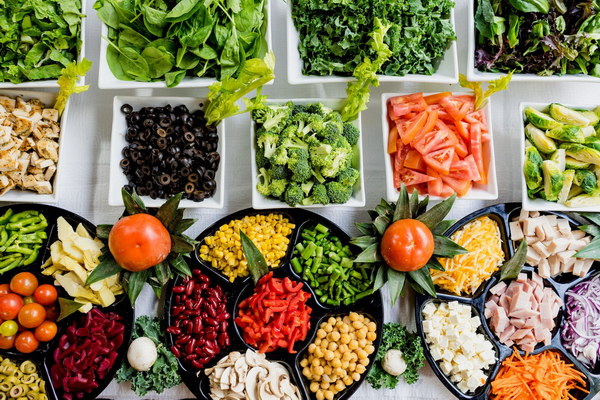Unlock the Blood-Boosting Power of Rice Wine Eggs A Natural Remedy for Vitality
In the world of traditional Chinese medicine, the power of food to heal and rejuvenate the body is deeply respected. One such remedy that has been cherished for centuries is the rice wine egg, a simple yet effective dish believed to replenish the blood and boost overall vitality. But does this age-old practice hold any truth? Let’s delve into the world of rice wine eggs and explore whether they truly live up to their reputation as a natural blood-booster.
The rice wine egg, also known as ang gua dan in Chinese, is a dish made by boiling eggs in a mixture of rice wine, honey, and ginger. The process is believed to infuse the eggs with the healing properties of the ingredients, creating a potent remedy for anemia, fatigue, and weakness. But is there any scientific basis to support these claims?
First, let's take a look at the ingredients. Rice wine, or shaoxing, is a type of Chinese rice wine known for its medicinal properties. It is rich in amino acids, vitamins, and minerals, which can help improve blood circulation and boost the immune system. Honey, another key ingredient, is a natural sweetener that also possesses anti-inflammatory and antioxidant properties. Ginger, with its spicy flavor, is believed to help stimulate blood flow and improve digestion.
Now, let’s examine the process. The eggs are boiled in the rice wine mixture, allowing the ingredients to seep into the egg yolks and whites. This process is thought to enhance the nutritional value of the dish and make it more effective as a blood-booster.
So, does the rice wine egg live up to its reputation as a blood-booster? While there is no definitive scientific evidence to support the claim, there are several reasons why this dish may be beneficial for those looking to improve their blood health.
First, the amino acids and minerals in rice wine can help improve the production of red blood cells, which are essential for oxygen transport throughout the body. This can help alleviate symptoms of anemia, such as fatigue and weakness.
Second, the antioxidants found in honey and ginger can help reduce inflammation and protect the body from oxidative stress, which can contribute to the development of anemia and other blood-related conditions.
Lastly, the spicy flavor of ginger can help stimulate blood flow, which can improve overall circulation and reduce the risk of blood clots.
While the rice wine egg may not be a miracle cure for all blood-related issues, it is a delicious and nutritious dish that can be a part of a healthy diet. Incorporating this dish into your routine can provide a natural boost to your blood health and overall well-being.
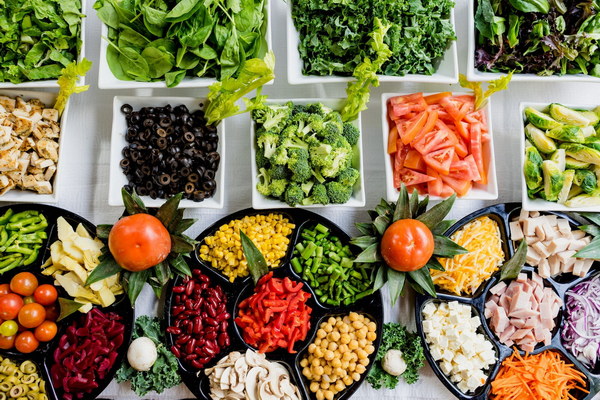
In conclusion, the rice wine egg is a traditional Chinese remedy that has been used for centuries to replenish the blood and boost vitality. While scientific evidence is limited, the nutritional benefits of the ingredients and the potential for improved blood circulation make this dish a promising option for those looking to enhance their blood health. So, why not give this ancient remedy a try and see if it can help you feel more energetic and healthy?
Remember, while the rice wine egg may be beneficial for some, it is not a substitute for professional medical advice or treatment. Always consult with a healthcare provider before making significant changes to your diet or health routine.

